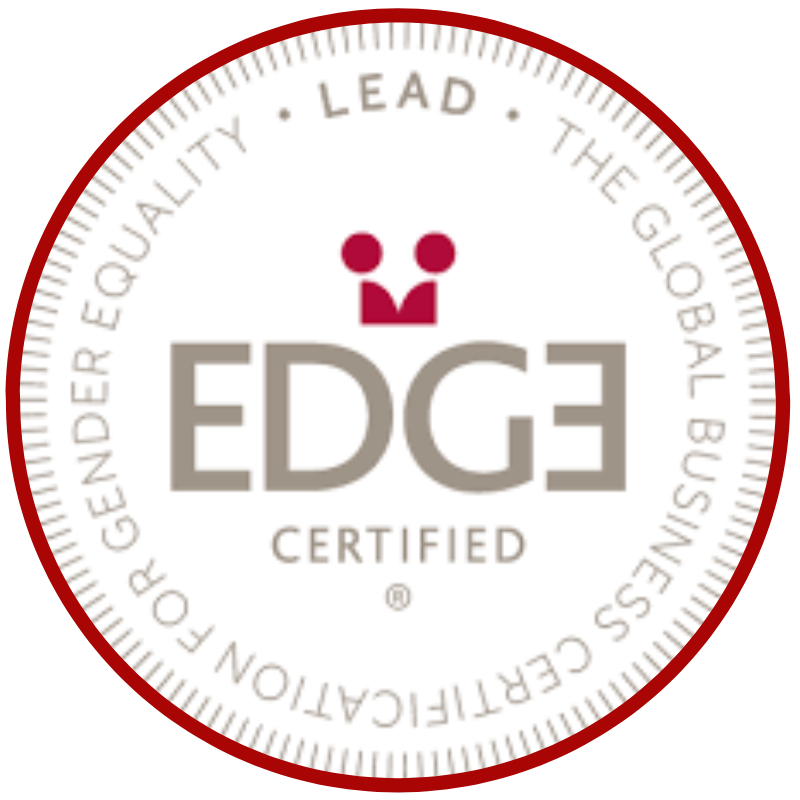This also appeared today on the Huffington Post:
![safe_image[6]](https://stepheniefoster.com/wp-content/uploads/2012/10/safe_image61-150x113.jpg) Afghanistan has made significant progress over the last ten years, and in particular, Afghan women and girls have made great strides. Millions of girls are in school; the maternal mortality rate has dropped; and health care is being delivered to many more women and children. There are women Cabinet ministers (three), women parliamentarians (27% of the Parliament), women judges (about 10% of the judiciary are women), and women business, NGO and academic leaders. Having said that, there are still large problems to address: low literacy rates among women, the need for more women teachers, more women business professionals, and better access to finance.
Afghanistan has made significant progress over the last ten years, and in particular, Afghan women and girls have made great strides. Millions of girls are in school; the maternal mortality rate has dropped; and health care is being delivered to many more women and children. There are women Cabinet ministers (three), women parliamentarians (27% of the Parliament), women judges (about 10% of the judiciary are women), and women business, NGO and academic leaders. Having said that, there are still large problems to address: low literacy rates among women, the need for more women teachers, more women business professionals, and better access to finance.
The most common question asked is “What will happen to the women and girls of Afghanistan after 2014?” The concern about whether the progress of women in Afghanistan will continue is remarkable. It is a testament to the desire to support women’s achievements to ensure a stable and secure future in Afghanistan, and it is also reflective of a world view that women in Afghanistan can only progress with the strong support of the international community.
I certainly agree that there needs to be strong support from the international community, and I know that the women I have met and worked with – from Kabul and beyond – deserve our support and also our respect. They are smart, strategic and in so many different ways helping chart a course for the country’s future. Over the last few months, I have talked with a number of amazing Afghan women.
These aren’t necessarily the women we know and/or read about – the Parliamentarians, the Ministers, those who are well-known to western media sources and already have a tremendous impact.
The women who are less well-known are also making a difference. They are professors, young activists, businesswomen, film makers, and local politicians and political activists. They are from Kabul, Jalalabad, Bamiyan, Kandahar and Helmand. Some have returned from other countries, like Iran, the U.S., Pakistan and the UK. Some stayed in Afghanistan through the mujahedeen and the Taliban. These women represent a broad spectrum of Afghan society and are all, in very different ways, making a difference and building a future for their country.
These women are interested in making sure that all Afghans – men and women – can participate in the decision-making processes about the future of their communities and their country. Many are looking toward the elections as an important marker of involvement and progress, and of ensuring that their hard-won gains are not lost. But these women are not waiting around for those elections, or for anything else. They are moving forward, working on better access to finance, better education at every level, addressing peace and security issues and much more.
In my view, there is progress for women when women are making headlines by breaking down barriers in the international media, and when women are working, every day, to do a good job, fight for their families and communities, and make a difference. Real change happens because women – and men – see what they are doing as important but also as using their potential in the way they choose to use it.
If I’m right, then Afghan women are leading the way down a path that might be rocky at times, but is leading toward a stronger future.






Here’s to the unsung heroes – like you, Stephenie.